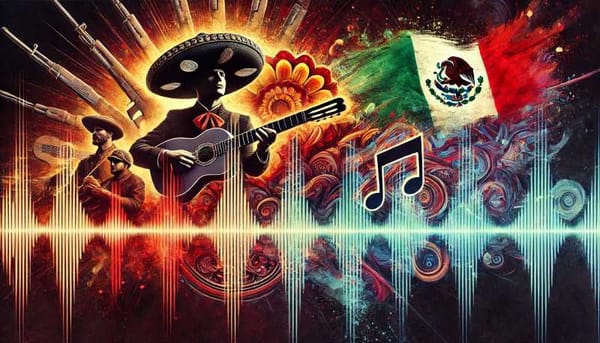The word and the finiteness of life in José Emilio Pacheco
One of the most important writers for Mexican literature of the 20th century, José Emilio Pacheco, is one of the most important writers of the 20th century. His work has delighted for several decades many generations of readers, experts, and novices who have enjoyed his novels.

José Emilio Pacheco, one of the most important writers for Mexican literature of the 20th century. His work has delighted for several decades many generations of readers, experts, and novices who have enjoyed novels such as Las batallas en el desierto (Battles in the Desert, 1981) and several collections of poems such as Los elementos de la noche (The Elements of the Night, 1963) or La edad de las tinieblas (The Age of Darkness, 2009).
A native of Mexico City, he was born on June 30, 1939. José Emilio Pacheco entered the National Autonomous University of Mexico where he completed his professional studies and ventured into the world of literature by publishing in various supplements and student magazines. This early contact with literature allowed him to strengthen his literary activity as an article writer and critic, skills that, years later, would lead him to become editor-in-chief of the supplement México en la Cultura ("Mexico in Culture").
His official incursion into the world of literature took place in 1959 with the publication of La sangre de Medusa y otros cuentos marginales (Medusa's Blood and Other Marginal Tales), which brings together several stories with a certain fantastic touch, and in which José Emilio Pacheco already addresses one of the main themes of all his work: time and its imminent coming and going. However, Battles in the Desert is his most popular narrative work, and perhaps his most widely read. In this novel, Pacheco masterfully portrays the Mexico of the 1940s, showing through the eyes of a child the problems of love and its various interpretations, as well as a vivid and apocalyptic image of the Mexico City of the time, a city that seen through the evocative eyes of nostalgia will never be the same again.
His poetic work is extremely extensive and interesting. In his more than 15 books of poetry, we find as central themes the image of Mexico City, as well as the inexorable flow of time and its multiple manifestations and deceptions. In his poetry, we find a sincere language, with which he reveals the deepest truths without falling into the unnecessary accumulation of metaphors.
The elements of the night
Under the minimal empire that seeing has not gnawed away
the days, the faith, the forecasts collapse.
In the last valley, destruction is satiated
in defeated cities that ash affronts.
The rain extinguishes
the forest illuminated by lightning.
The night leaves its poison.
Words break against the air.
Nothing is restored, nothing gives
the greenness to the scorched fields.
Not even the water in its exile
will succeed the fountain
nor the eagle's bones
will return for its wings.
His poetry speaks to us of the finiteness of the world and its elements, immerses us in the tenebrous truth of the expiration of everything that surrounds us, and reminds us with chilling tranquility that everything, absolutely everything culminates in death. José Emilio Pacheco tries to poeticize with simple words that fleeting and intangible thing that accompanies, or consumes? man throughout his journey through life: the time that turns into death and the death to which time leads.
José Emilio Pacheco's literary activity is not only focused on the creation, as he has also been involved in the translation of works by authors such as T. S. Eliot, Samuel Beckett, Tenessee Williams, and Oscar Wilde, to mention a few. His vast knowledge of Mexican literature has allowed him to edit and preface books by Mexican writers, including Federico Gamboa and Salvador Novo, as well as direct the University Student's Library (BEU) collection at UNAM.
José Emilio Pacheco has been awarded for his career as a writer, critic, essayist, narrator and poet with prizes such as: the Xavier Villaurrutia Prize (1973); the José Asunción Silva Prize (1996); the Octavio Paz Prize (2003); the Pablo Neruda Prize (2004); the Federico García Lorca Prize (2005); the Cervantes Prize (2009); and the Alfonso Reyes Prize, awarded by El Colegio de México in 2011. In addition to these awards, José Emilio Pacheco has been a member of the National College since 1986 and an honorary member of the Mexican Academy of Language since 2006.
The figure of José Emilio Pacheco will remain, ironically, through his literature to remind us with a mocking and bitter chuckle that "not even death remains... everything returns to dust," except, perhaps, for the mark left by his word in literature...
By Ana Gabriela Vázquez, Source: UNAM Radio




